Doctrine of Repugnancy
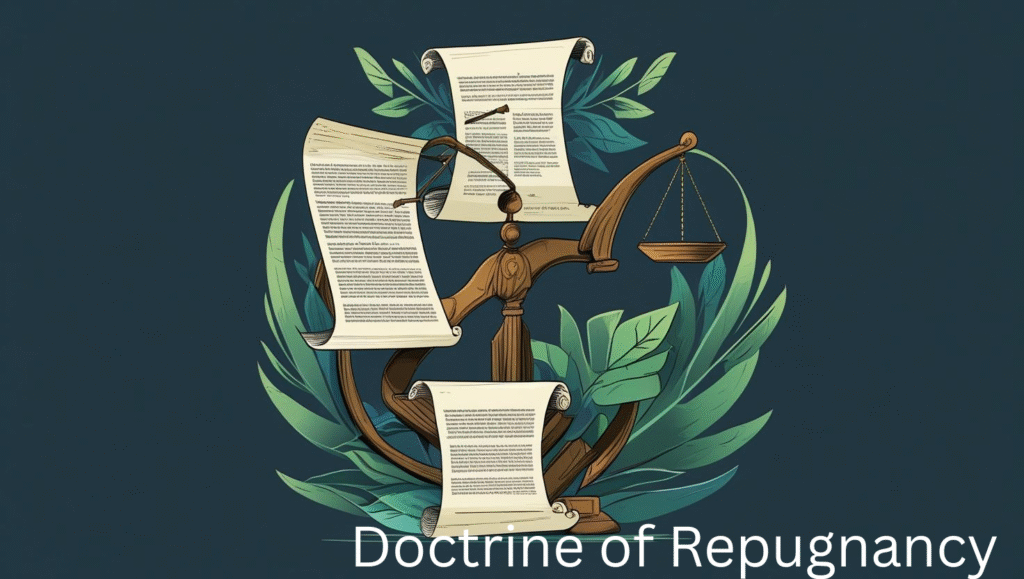
The concept of Doctrine of Repugnancy is contained in Article 254 of the Constitution of India, 1950 (COI). Article 254 of the COI deals with the inconsistency between laws made by Parliament and laws made by the Legislatures of States. It states that – If any provision of a law made by the Legislature of a State is […]
Divorce by Mutual Consent

Under Hindu Law marriage is a sacrament and an eternal union. However, the grounds of divorce were introduced by the Hindu Marriage Act, 1955 (HMA). Divorce by mutual consent is one of the grounds of divorce that was introduced later by way of an amendment in the HMA. Divorce By Mutual Consent Divorce by mutual consent […]
Rights of Unpaid Seller

An unpaid seller is the one who has not received payment from the buyer for the goods or services they provided. In such a case, the seller has certain rights, such as the right to retain possession of the goods, stop their delivery, or resell them, depending on the circumstances and applicable laws. As per […]
Doctrine of Privity of Contract

Privity’ is the principle followed in contract law which states that terms of a contract are only binding upon the parties to a contract. They therefore cannot be enforced by a third party. This means that only parties to the contract can sue or be sued under it. This principle emanates from the English law. Privity of contract is one of the most fundamental tenets of the contract law. It prevents vesting […]
Doctrine of Eclipse
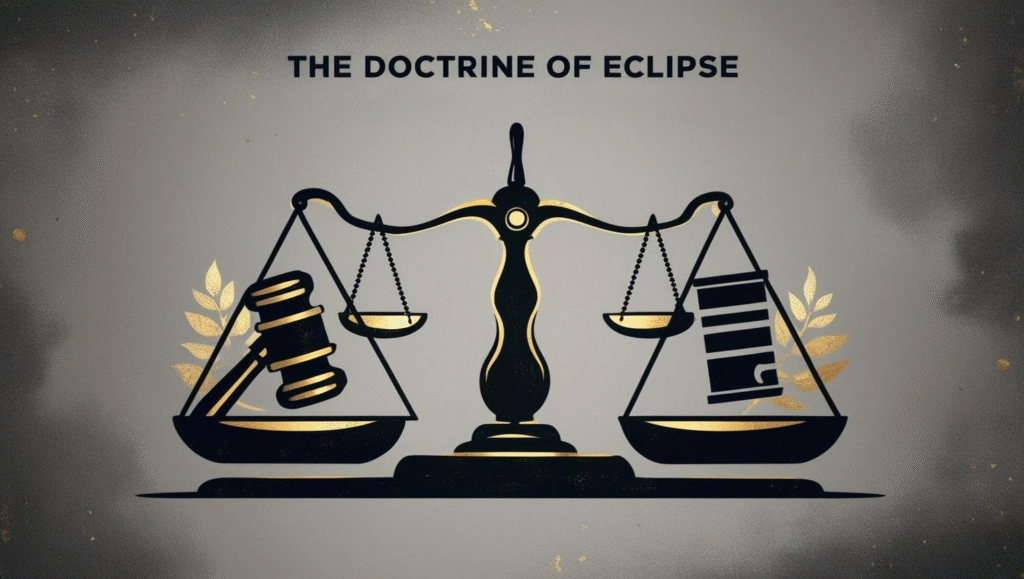
The Judiciary is the guardian of the rights provided for in the Constitution of India. It is the job of the judiciary to restrain the actions of the Legislature and the Executive where they are infringing upon these rights. When the Constitution was adopted on January 26, 1950, with it came, the fundamental rights that are […]
Rule Against Perpetuity

The word ‘perpetuity’ means indefinite period. The rule against perpetuity, also known as the rule against remoteness of vesting, means that a property cannot be transferred in such a manner that it becomes inalienable for an indefinite period. This disposition would be a transfer in perpetuity. Any disposition in perpetuity may arise in two ways: By […]
Lifting the Corporate Veil
In the landmark judgment of Saloman v Saloman Co. Ltd. (hereinafter refer as ‘Salomon case ‘), it was deduced that ‘company is a separate legal entity‘, having an identity of its own, which is independent and distinct form its members and shareholders. This is a well-settled principle recognized by many common as well as civil law countries around the […]
Res Gestae under Section 6 of Indian Evidence Act,1872
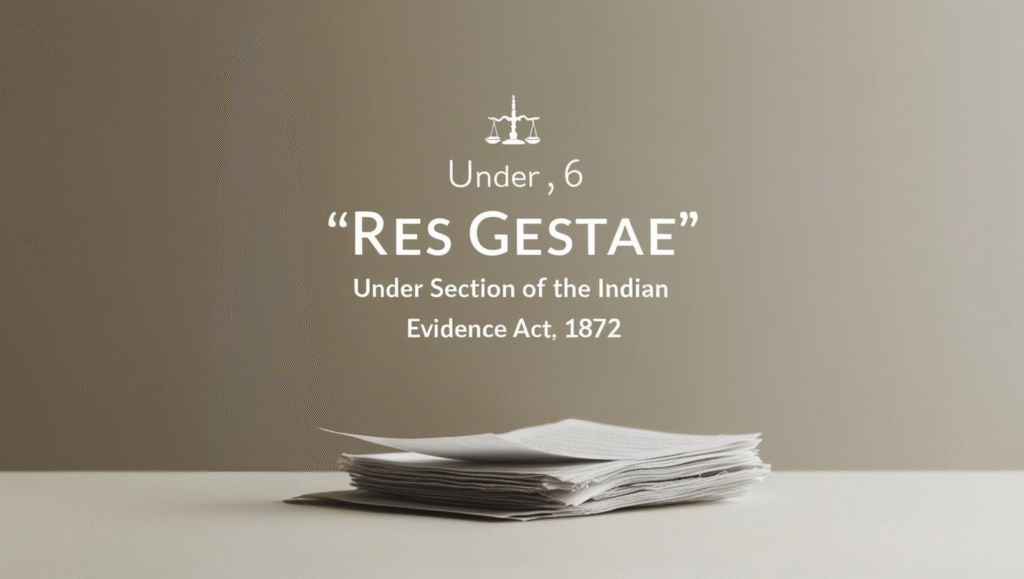
Res Gestae has been derived from the Latin term which means a transaction or an event. It includes everything that may be incidental or considered as incidental to the main fact in issue. It can be explained as the facts so closely connected as are incidental and provides and explanations to the main fact, it […]
Limitation Act 1963
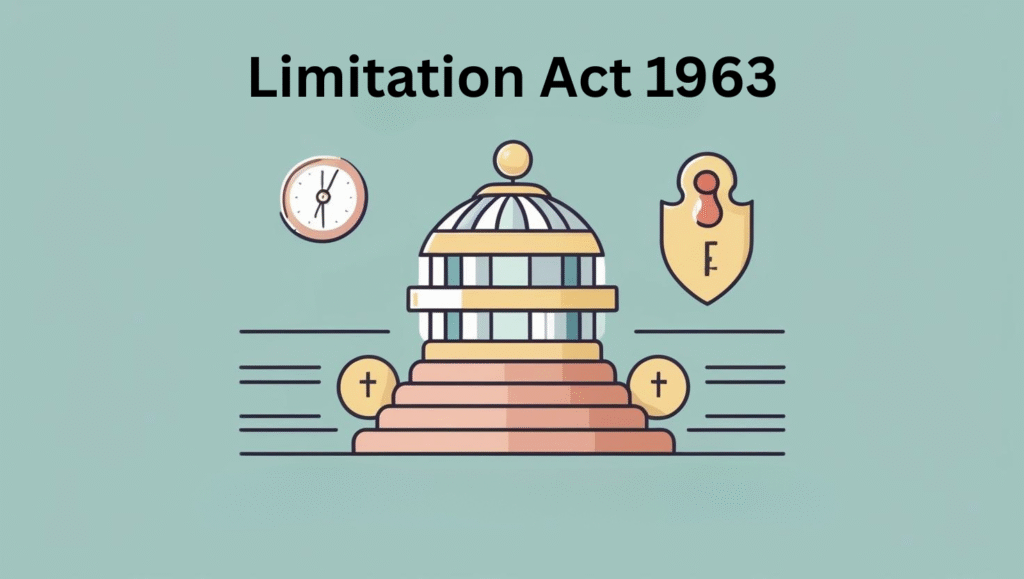
Limitation Act is the Act that prescribes the time limit or period of limitation for certain suits in civil matters so that the aggrieved party may apply within the limited time provided to them to file a suit or approach the court for justice.Limitation means to limit something, or a restriction, or circumstances which are […]
Section 10 of the Hindu Marriage Act, 1955
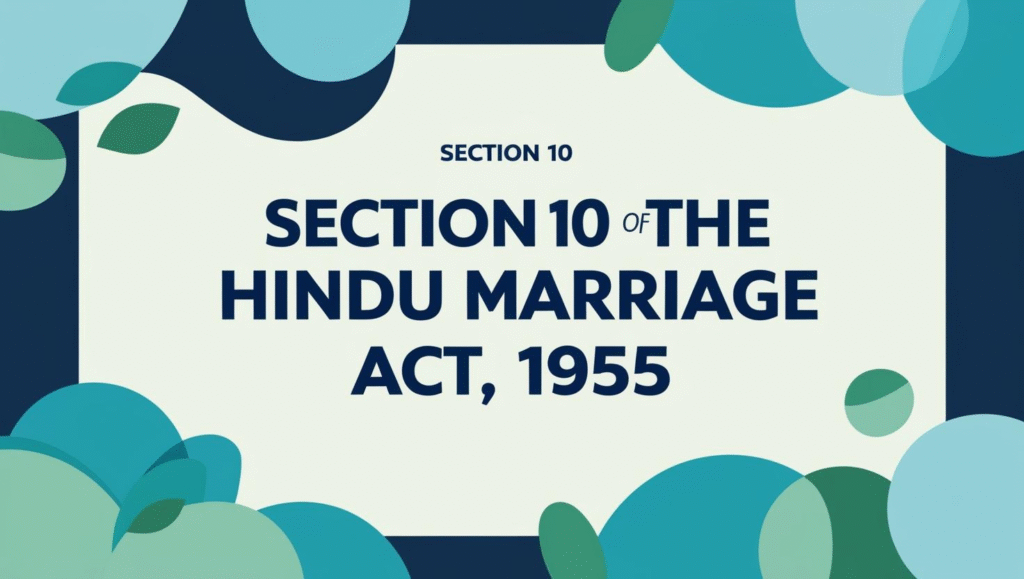
Either party to a marriage, Whether solemnized before or after the commncement of this Act, may present a petition praying for a decree for judicial separation on any of the grounds specified in sub- section (1) of Section 13, and in the case of wife also on any of the grounds specified in sub- section […]
